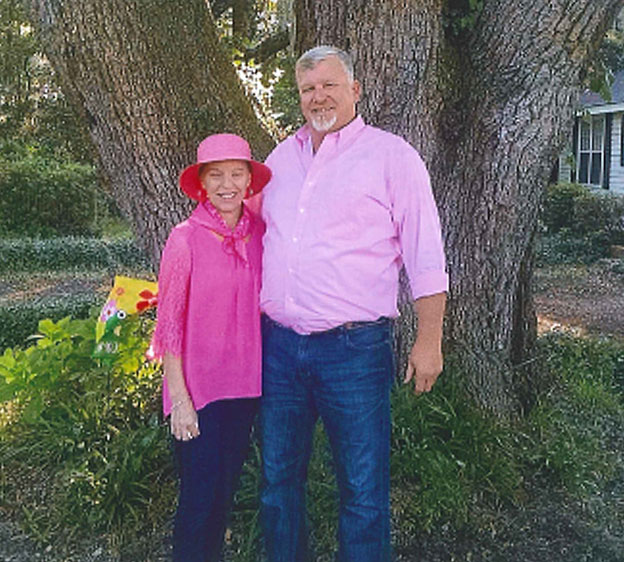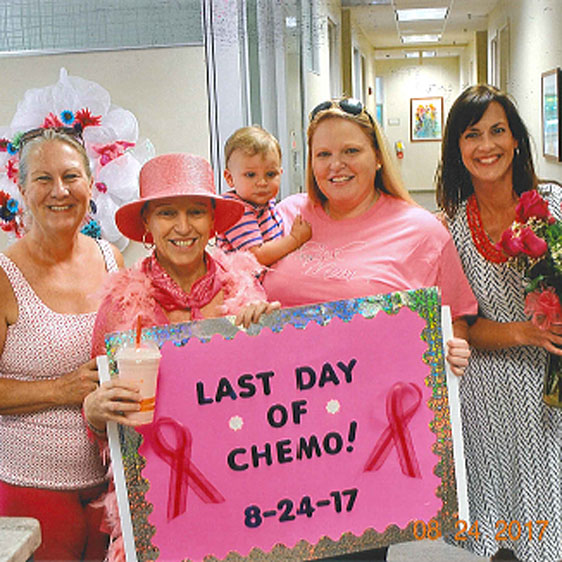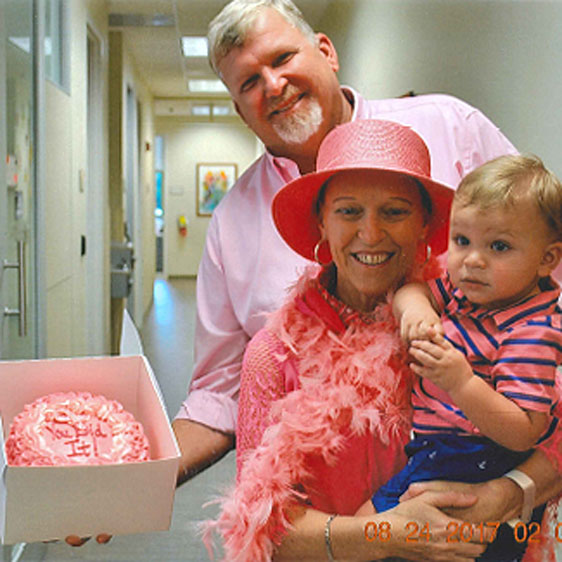
What Is Cancer Survivorship?
 To those dealing with a cancer diagnosis or a history of cancer, survivorship may have more than one meaning. To some, it means having no signs of cancer after finishing treatment; to others, living with, through and beyond cancer.
To those dealing with a cancer diagnosis or a history of cancer, survivorship may have more than one meaning. To some, it means having no signs of cancer after finishing treatment; to others, living with, through and beyond cancer.
Many find that the cancer experience doesn’t conclude when treatment ends. The completion of treatment simply marks the transition from cancer patient to cancer survivor.
According to the American Cancer Society, there are nearly 17 million cancer survivors in the United States today. With that number predicted to reach more than 22.1 million by 2030, medical communities around the country are working to provide survivors with information about their treatments and recommendations for follow-up.
At Beaufort Memorial, our navigation team members assist patients with the transition from cancer patient to cancer survivor. Our certified nurse navigators meet patients at the time of diagnosis and educate them during their treatment phase. On completion of treatment, they create a survivorship care plan for the patients.
The Cancer Survivorship Care Plan
A survivorship care plan is an individualized plan based on a patient’s cancer type and treatment. It is useful not only to the patient and his or her providers, but also to family members involved in the patient’s care. The plan includes:
- Names of and contact information for the patient’s cancer care team members
- Summary of treatments, such as surgical interventions, chemotherapy and radiation therapy, and any oral medications the patient may be taking, such as hormonal therapies.
- Future care, such as guidelines for monitoring and maintaining health and for managing any long-term side effects of the disease and its treatment as well as any medical and psychosocial concerns.
- Schedules for follow-up appointments, testing and screenings.
 When the plan is completed, the navigator meets with the patient to go over the treatment summary and recommended follow-up care and to answer any questions. The patient receives a copy of the plan, as do any physicians involved in treatment. A copy of the plan is also provided to the survivor's primary care provider to ensure continuity of care and follow-up.
When the plan is completed, the navigator meets with the patient to go over the treatment summary and recommended follow-up care and to answer any questions. The patient receives a copy of the plan, as do any physicians involved in treatment. A copy of the plan is also provided to the survivor's primary care provider to ensure continuity of care and follow-up.
“My survivor plan was the sign that I was finally finished with treatment, so I saw it as a victory and a return to normalcy,” says Kathy Owens, a breast cancer survivor. “With family, friends, faith, hope and determination, I am a survivor. It came, we fought, I won.”
“With the help of my survivorship care plan, I’m keeping up with my appointments with Dr. Newberry and Dr. Stewart and praying after each exam that I get good news,” adds Lillie Singleton, an anal cancer survivor.
The Journey of Survivorship
Most survivors want life to return to the way it was before their cancer diagnosis. But survivorship is a new journey, a journey to recovery and better physical and mental health. The navigation team at Beaufort Memorial is committed to helping patients make the journey a good one for their patients by providing them with the best care possible both during and after their treatment.
